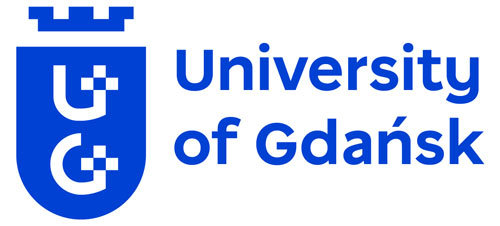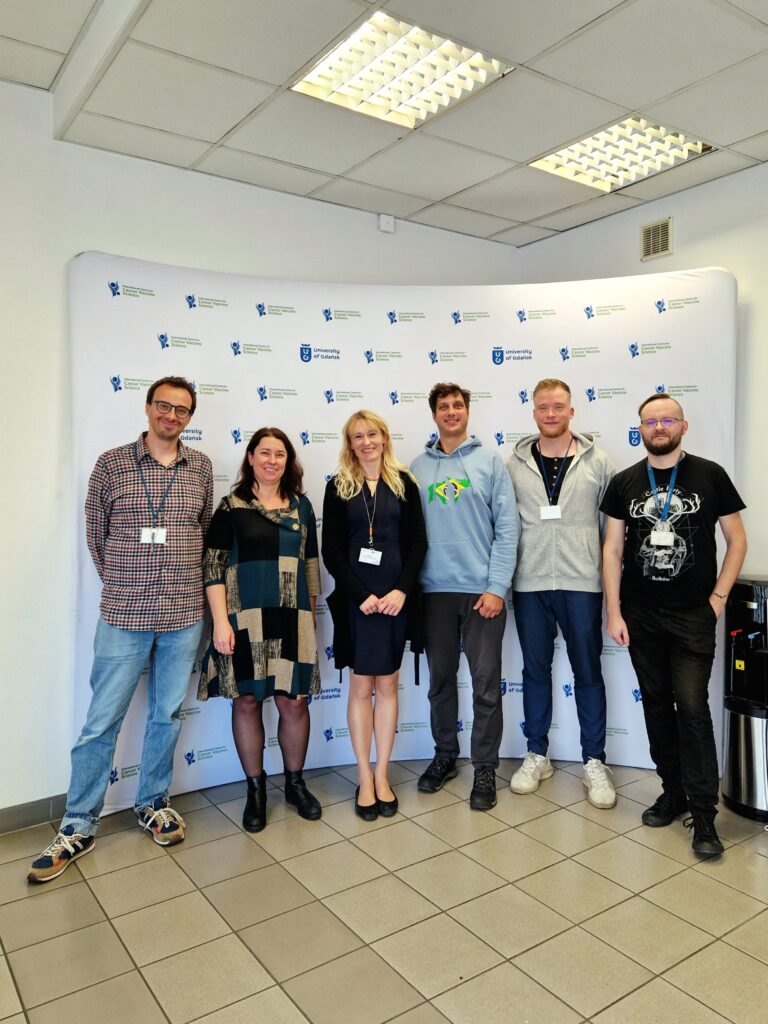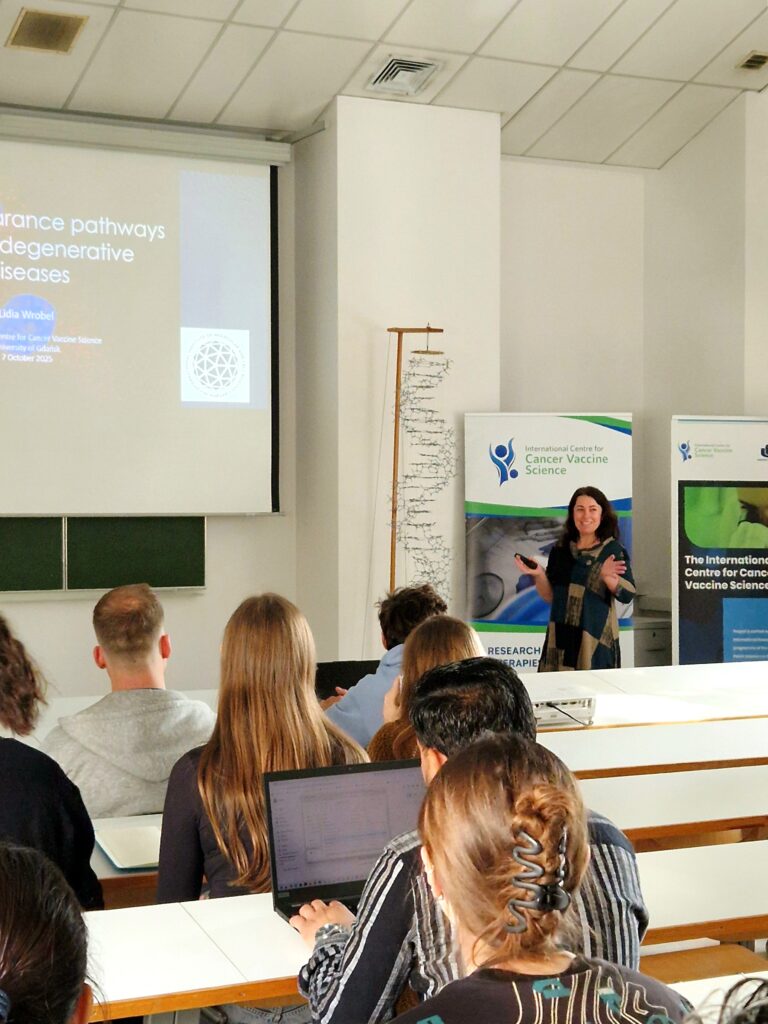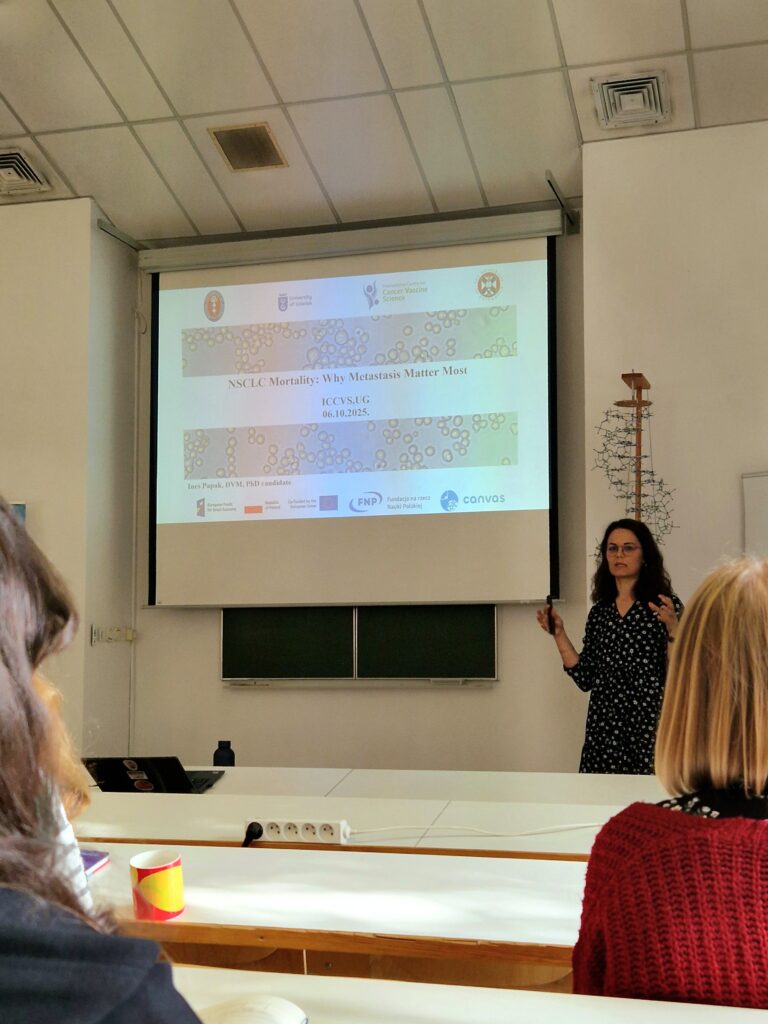October began with the re-start of ICCVS internal scientific meetings, this time with a presentation by Ines Papak, titled “NSCLC Mortality: Why Metastasis Matters Most”, which focused on the critical role of metastasis in non-small cell lung cancer.
We are proud to announce that ICCVS researchers received the Rector’s Awards of the University of Gdańsk for their outstanding scientific and professional achievements during the last year.
Individual Awards:
Dr Artur Piróg for research on keratinocyte-derived extracellular vesicles described in the publication “Keratocyte-derived small extracellular vesicles supply antigens for CD1a-restricted T cells and promote their type 2 bias in the context of filaggrin insufficiency” (Frontiers in Immunology).
Dr hab. Wojciech Siwek – for an outstanding habilitation thesis “Epigenetic mechanisms in maintenance of active transcriptional states.”
Dr hab. eng. Monikaben Padariya – for an outstanding habilitation thesis “Developing pharmacophore concepts exploring structural basis of protein networks involved in cancer or immune response”.
Izabela Raszczyk and Alicja Dziadosz-Brzezińska – for professional achievements.
Team Award:
The Team Award went to prof. Natalia Marek-Trzonkowska, dr Katarzyna Dziubek, Ines Papak, dr Jakub Faktor, dr Sachin Kote and prof. Theodore Hupp for their research “PD-1 interactome in osteosarcoma: identification of a novel PD-1/AXL interaction conserved between humans and dogs”, published in Cell Communication and Signaling.
Our Centre hosted also another event from the Science, Biotech and Beyond series, featuring Dr Lidia Wróbel from the International Institute of Molecular and Cell Biology in Warsaw (IIMCB). Dr Wróbel, who completed her postdoctoral training at the University of Cambridge (UK), leads a research group investigating how cells maintain protein homeostasis and how disruptions in these processes contribute to the onset and progression of neurodegenerative disorders. Her talk, “Protein clearance pathways in neurodegenerative diseases,” explored the mechanisms by which cells regulate protein homeostasis and how its failure can lead to neurodegeneration.
Despite our ongoing research and projects, it is also important to continue strengthening the scientific community at ICCVS. These events concluded with informal discussions over coffee and pastries, providing a valuable opportunity to exchange ideas and foster connections across disciplines.
Congratulations to all awardees, and sincere thanks to everyone who participated in these sessions at ICCVS.






